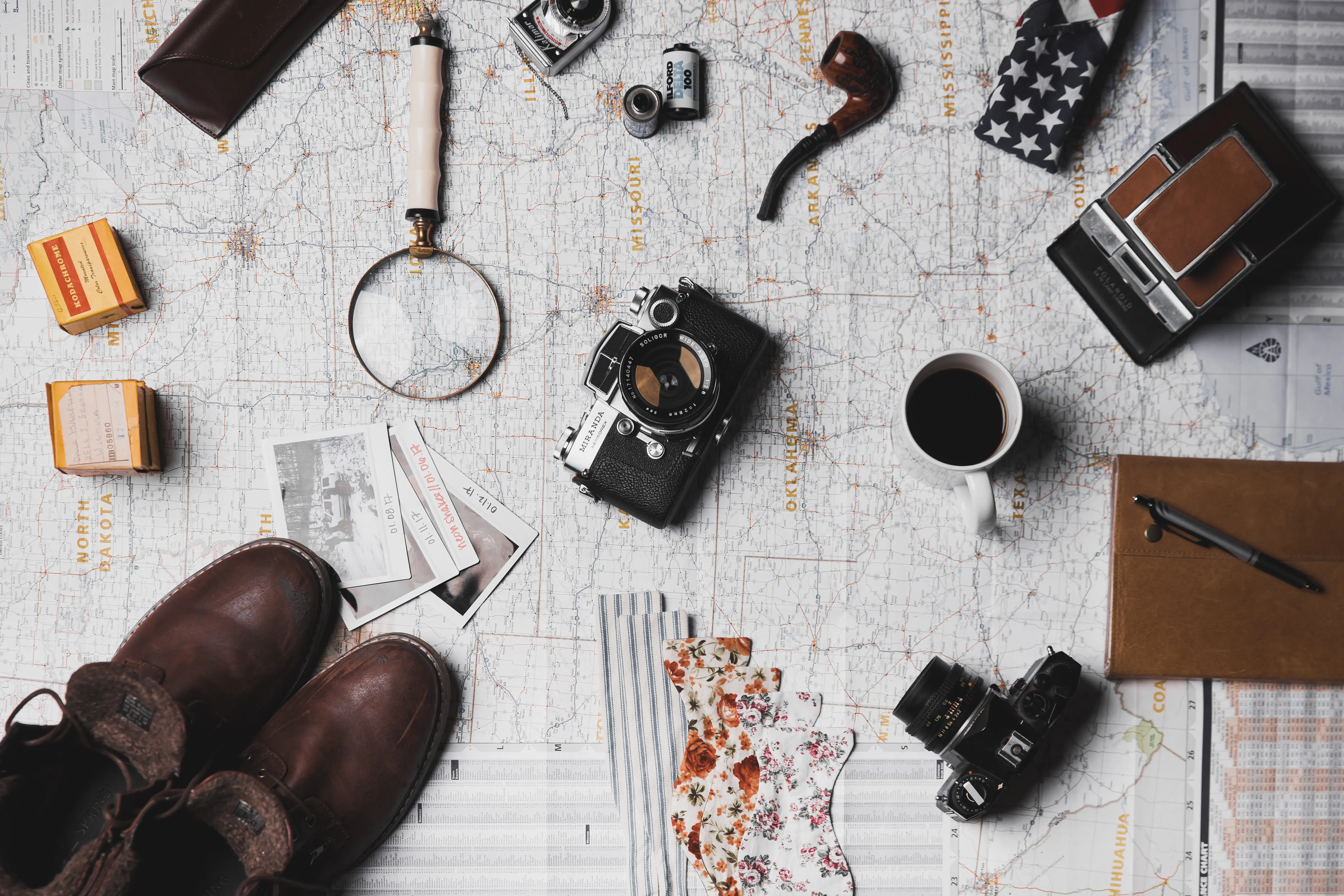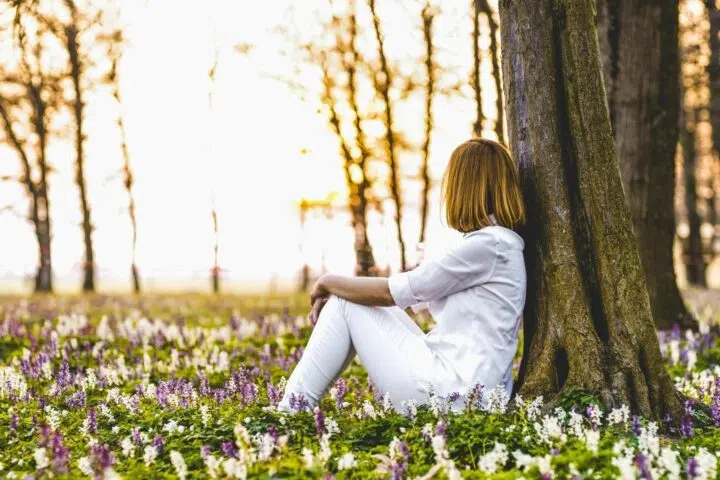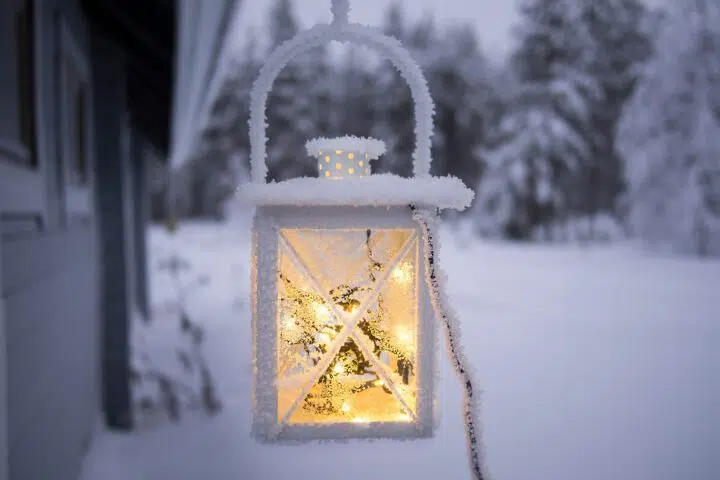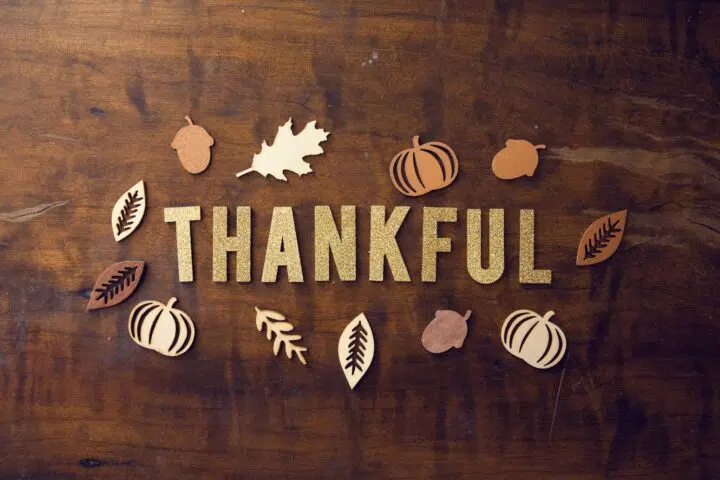I’m heading into week four of isolation during this coronavirus pandemic. My days consist of a 24/7 cycle of working, exercising, and connecting with friends and family. I haven’t talked this much on the phone since I was a teenager. I’d thought I would take more opportunities during this “downtime” to read books or go on longer walks or clean out a closet or two, but instead, I’m trying to resurrect my business, which took an enormous downturn; check in more often with those I love; keep up on the news without making myself crazy; and figure out how to contribute in some meaningful way to the welfare of others as we struggle through this crisis together.
Last night, I talked with my daughter’s best friend. He’d had the opportunity, at last, to read my first World War II novel, Remember Wake, and wanted to ask me some questions about my research and writing processes. He also wanted to know how I wrote a story that still feels so relevant today.
At one point, I explained how hard we writers worked in the days before the internet to find the information we needed. I described how we’d go to the state archives, or the historical society, or a library, or a tiny museum, and dig through file after file or box after box of obscure documents or photographs until we found exactly what we were looking for.
“You can’t imagine,” I said, “the sheer excitement when you found that tiny detail you’d been hunting everywhere for. You had to be a detective following the clues. It was a scavenger hunt, and you threw your arms up in glee when you found the treasure. Nowadays, we type something into Google and if it shows up, great. If it doesn’t, we give up and move on.”
He asked how I made the details in my book seem so authentic. “Ah, that was because they were authentic,” I said. “I took them from interviews with men and women who’d lived those experiences, and from out-of-print travel memoirs of people who’d been to Wake Island before the war, and from letters the men who’d worked on the island sent home to their families.”
And then I expressed a worry that has been troubling me the past few days. “We historians and writers rely so heavily on first-person accounts,” I said. “Letters, journals, diaries, oral histories, photographs, etc. But today’s communication is not permanent. We’re going through an amazing time in human history and we’re recording it in memes and texts and e-mails and Snapchat images. Most of those communications will disappear when this is over.”
If I could ask people to make time for anything during this pandemic, it would be to write down your thoughts and feelings in a journal or type them into a file on your computer. Print out a few pictures in case they someday disappear from the cloud. Slow down a bit. Draw in a sketchbook what you’re seeing, or write in a poem what you’re feeling. Make video recordings that are not just meant to be viral entertainment, but will serve as a record for future generations of how we are thinking, acting, feeling, and coping. If you’re writing a blog, print it out. If you’re e-mailing friends, save those e-mails after you hit send. If you’re creating new art, keep a record of it and how it relates to these unprecedented times.
Jonas Salk, inventor of the polio vaccine, once said, “Our greatest responsibility is to be good ancestors.” If we have to go through this experience, how can we create from it a better world? I’d like to talk more about that in another post. But I’d also like to ask, how can we best record for future generations what it’s like to live in this space and time? How can we preserve for them an authentic experience of our fears, hopes, sorrows, and breakthroughs? How can we ensure that we never forget what it has been like to walk together through this global crisis?
You may think what you’re going through doesn’t matter much in the wider scheme of things, but I promise you, every story matters. Your story matters. Be thoughtful in the way you tell it. History will thank you.
If you like this post, please share and credit “Bursts of Brilliance for a Creative Life” blog



